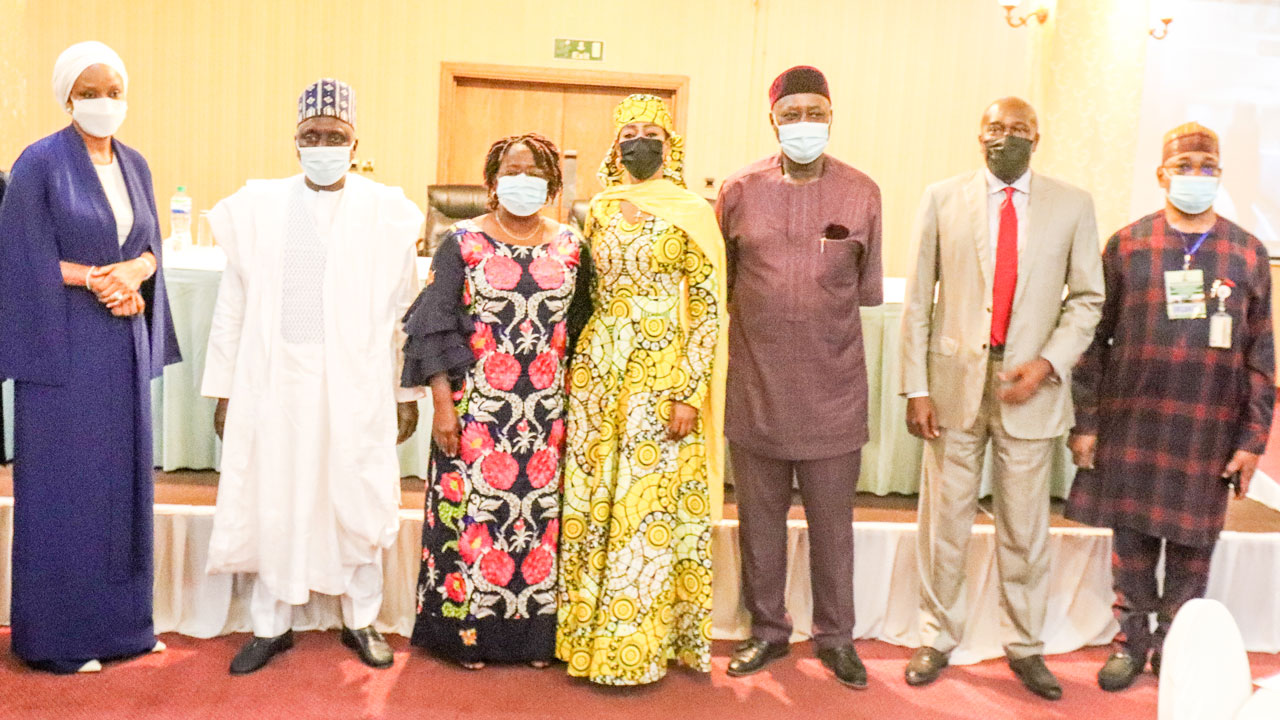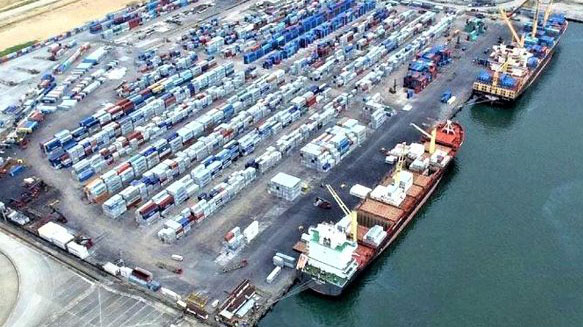
The Federal Government has assured that the National Maritime Transport Policy will lead to improved Foreign Direct Investment (FDI) inflow and enhance the ability of the maritime sector to compete internationally.
Minister of State for Transportation, Gbemisola Saraki, said this in Lagos at the opening of a stakeholders’ validation forum on the draft policy. He said the transport policy would give Nigeria pride of place in the African Continental Free Trade Area (AfCFTA) implementation.
The meeting was organised by the Federal Ministry of Transportation to get stakeholders’ buy-in and inputs, as the policy document is being fine-tuned. The transport policy is expected to usher in a regime of a robust maritime transport system in the country in line with international best practices.
Saraki underscored the strategic economic importance of maritime transportation, saying the adoption of the policy would mark a paradigm shift in Nigeria’s economic competitiveness.
The minister, who was represented by Permanent Secretary, Federal Ministry of Transportation, Dr. Magdalene Ajani, said: “The National Maritime Transport Policy is a framework that will guide and sharpen the activities, actors and modus operandi in the maritime sector. It is an all-encompassing document that will skyrocket the sector to compete favourably in the global market.
That is why this document is extremely important and crucial to the development of the sector.”
She said the National Maritime Transport Policy, which industry stakeholders had clamoured for nearly two decades, “will change the narrative in the maritime sector of the country and result in a generational paradigm shift.
“It is encouraging to know that the maritime policy is coming up at a time when Nigeria has ratified the AfCTA agreement and deposited it with the AU Secretariat. This is an agreement that will place Nigeria in place of leadership if we adequately prepare for the protocols. Therefore, it is expedient for us to make the maritime sector ready for the AfCFTA Transit Protocols and other international protocols for us to compete favourably in the regional and global market.”
Also, the Managing Director of Nigerian Ports Authority (NPA), Hadiza Bala Usman, has described the much-anticipated National Maritime Transport Policy as the key to unlocking the huge potential and vast opportunities in the nation’s blue economy.
According to her, a well-articulated National Maritime Transport Policy would support local content development, create good value jobs and attract high impacting direct foreign investments within the context of the Federal Government’s Economic Growth and Sustainability Agenda.
She said: “We look forward to a policy with clear standard operating procedures (SOPs) that would guide our various operations that would be strengthened by the critical legal framework and legislation from the National Assembly.
“The policy should engender a competitive maritime domain with clear rules on institutional governance, service capacity and accountability.”
The NPA boss called for greater synergy and collaboration between the public and private sector stakeholders to advance the interest of the maritime industry in Nigeria.
On the recently launched Electronic Call-Up System for Trucks (ETO) by the Authority, Bala Usman said: “The web application would control the movement of trucks in and out of the ports in an orderly and safe manner, on a first-come, first-serve basis.”
She listed some of the benefits that would accrue to the sector and the country to include, quick truck turnaround, reduction in port cost, transparent traffic management system and above all – a business-friendly and globally competitive port system in Nigeria.
Permanent Secretary, Ministry of Transportation, Dr. Magdalene Ajani, said the policy was the bedrock of development, and the condition of the maritime sector of a nation determined its future development
Ajani said: “Nigeria, like other nations, has recognised the integral role policies play in the developmental process and, as such, engendered different processes to drive her quest for a sustainable, feasible and generic National Maritime Transport Policy. This will boost the maritime sector and widen the horizon to enable it to serve the domestic market and have comparative advantage globally.”
Chairman of the National Maritime Transport Policy Committee, Dr. Paul Adalikwu, said: “The maritime sector cannot be administered successfully without a policy document that contains genuine, reliable and updated data” that can stand the test of time. Adalikwu, who is also Director in charge of Maritime Safety and Security in the Federal Ministry of Transportation, said the maritime transport policy document aimed to develop “a maritime industry that is income-generating, self-sufficient, competitive with a comparative advantage in the regional and global markets.”






